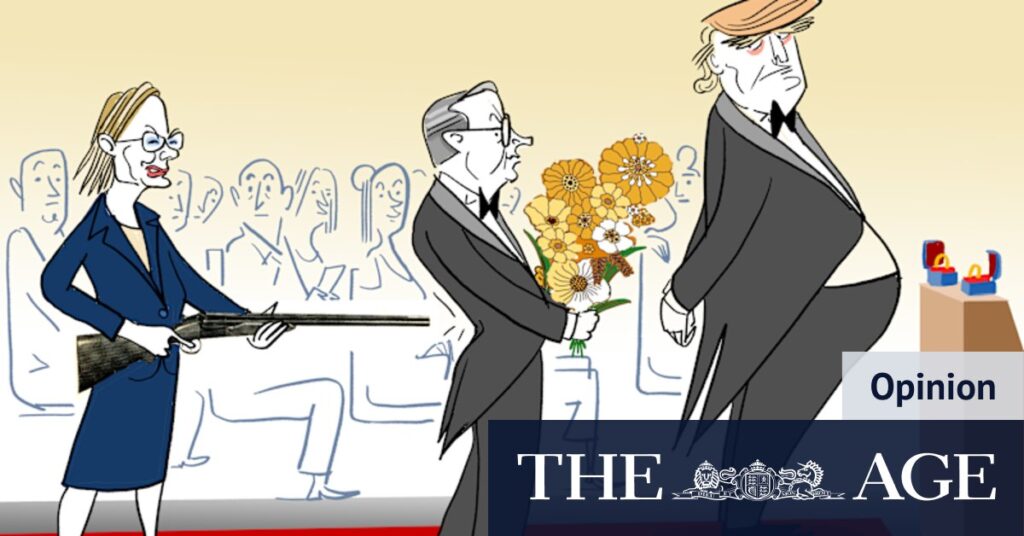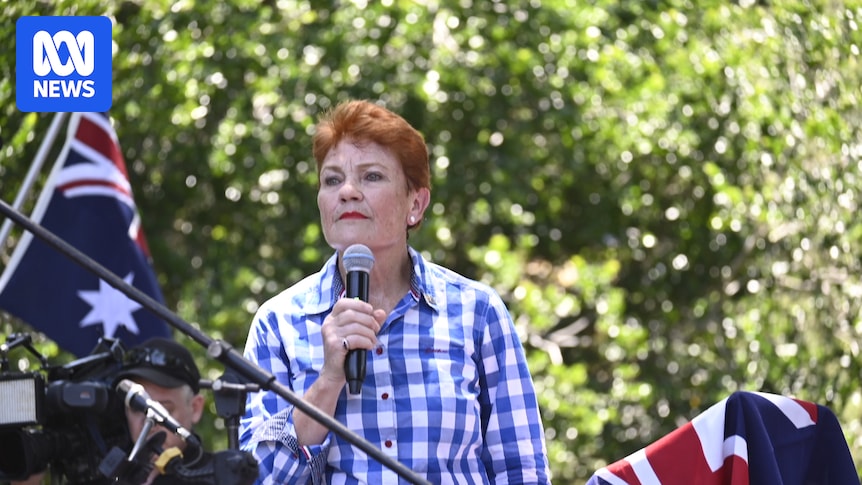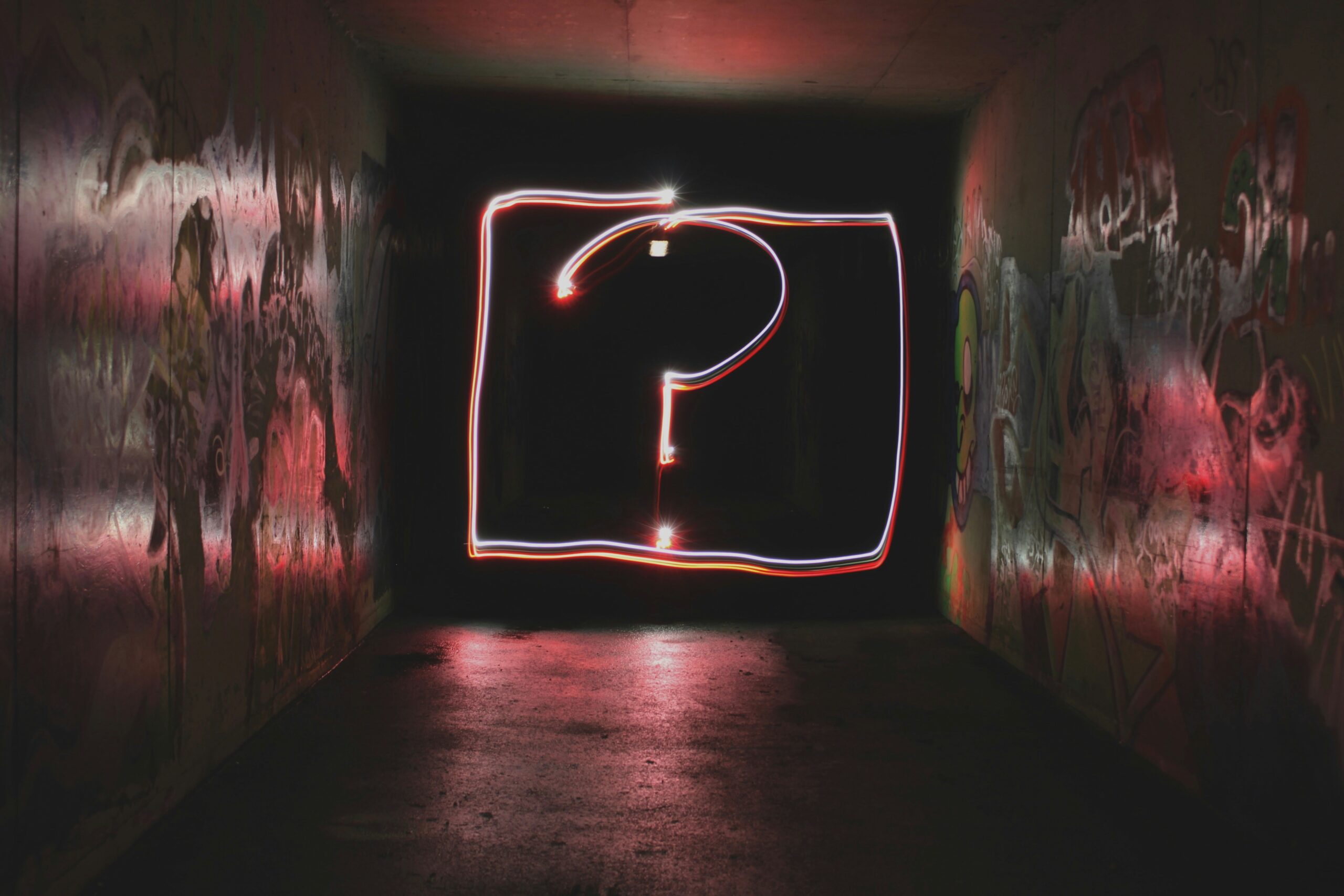
In a world where democratic systems are increasingly under scrutiny, Australia is making bold strides to ensure its democracy remains robust and inclusive. South Australian Premier Peter Malinauskas recently highlighted significant reforms, including the introduction of pre-populated ballot papers and the banning of political donations, which are setting new standards in democratic practices.
Malinauskas proudly noted, “We were first to introduce pre-populated ballot papers,” allowing voters, including those who are semi-literate, to participate more easily in elections. This move is part of a broader effort to evolve the democratic process to better address public concerns. From July 1, South Australia will become the first jurisdiction globally to ban private donations to political parties and members of parliament, a significant shift towards publicly funded elections.
Reforming Political Donations
The decision to outlaw political donations stems from growing public unease about the influence of money in politics. Malinauskas explained, “There’s public concern about huge amounts of money being donated and the perception of undue influence.” The reform aims to eliminate financial ties to unions and corporations, with exceptions only for new candidates and parties to ensure a level playing field.
This development follows a broader trend of political reform in Australia, where the focus is on maintaining a fair and transparent electoral system. The move has been met with surprise, particularly the severing of financial links to unions, a staple in Australian political funding.
Social Media and Youth Engagement
South Australia has also led the charge in regulating social media access for young people. A pioneering proposal to ban social media for under-16s is set to take effect in December, reflecting concerns about the impact of social media on youth engagement with democracy. Malinauskas expressed his belief that democracy is facing a crisis among young people globally, stating, “That presents an opportunity for us not just to make sure we preserve it, but that we celebrate it.”
Meanwhile, Milton Dick, the Speaker of the Australian Parliament, has been actively promoting civic education across the country. His visits to 160 schools have revealed a strong interest in democracy among students, though he notes a need for greater awareness and understanding of democratic processes.
Lessons from Global Democracies
Australia’s democratic innovations come at a time when other democracies, particularly the United States, are grappling with significant challenges. The influence of money in American politics is often cited as a cautionary tale. Former Australian Prime Minister Malcolm Turnbull highlighted the benefits of compulsory voting, a practice that keeps political contests centered and balanced.
“Compulsory voting appears radical to Americans, but it’s been part of our political culture for over a century. It keeps the Australian political contest in the centre,” Turnbull noted.
As Australia strengthens its democratic institutions, it remains mindful of its strategic alliances, particularly with the United States. The historical ties, cemented during World War II, continue to influence Australia’s defense and intelligence frameworks.
Challenges and Strategic Alliances
Despite Australia’s internal democratic successes, maintaining its alliance with the US poses challenges. The Trump administration’s policies have strained trade agreements and threatened domestic programs like the Pharmaceutical Benefits Scheme. Moreover, the pressure to increase defense spending continues to mount.
Opposition Leader Sussan Ley has criticized Prime Minister Anthony Albanese’s cautious approach to engaging with the Trump administration, arguing that the alliance is too crucial to be influenced by personal dynamics. “The relationship is much bigger than his feelings about a particular person,” she stated, emphasizing the strategic importance of the US-Australia partnership.
As Australia navigates these complex geopolitical landscapes, it remains committed to preserving its democratic values and alliances. The ongoing reforms and innovations serve as a testament to the country’s dedication to a fair and equitable democratic process, offering a model for other nations grappling with similar challenges.





